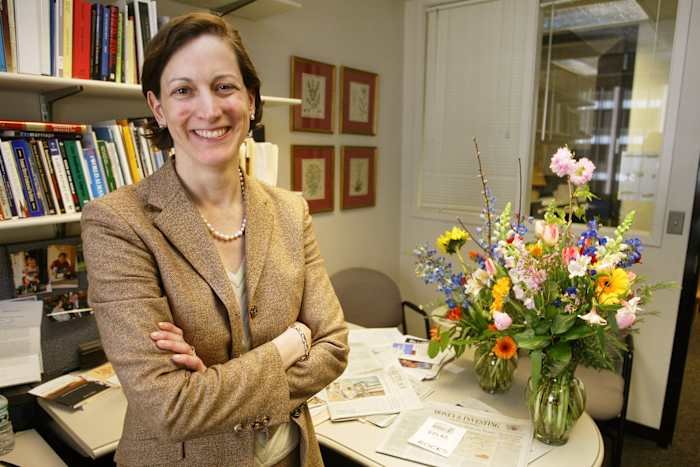Alice Wong, a renowned disability rights activist and celebrated author, has passed away at the age of 51. Her unwavering dedication to advocating for people with disabilities has left a lasting impact on communities across the nation—including right here in Orlando. As we reflect on her remarkable legacy, it’s important to consider how her work continues to shape local policies, awareness, and inclusion efforts in Central Florida.
Remembering Alice Wong: A Pioneering Voice for Disability Rights
Alice Wong was more than just an activist; she was a trailblazer whose voice resonated with millions. Born with spinal muscular atrophy, she used her experiences to highlight the challenges faced by people with disabilities and to push for meaningful change. Wong founded the Disability Visibility Project in 2014, a platform that amplified the stories of disabled people and promoted authentic representation in media.
Her influence reached far beyond her writings and speeches. Wong was a frequent contributor to national conversations on disability policy, access, and equity. Her bestselling memoir, “Disability Visibility,” became a touchstone for activists and lawmakers alike, including those working within the Orlando community to foster greater inclusion.
Impact on Orlando: A Legacy That Inspires Local Change
Wong’s advocacy had ripple effects all over the country, inspiring grassroots movements and non-profits in cities like Orlando. Central Florida is home to a vibrant community of disability rights advocates and organizations striving to make the region more accessible and inclusive. Wong’s work provided a blueprint for how local leaders and advocates can champion the rights of people with disabilities.
For example, the City of Orlando’s Disability Inclusion initiatives have drawn inspiration from national figures like Wong, focusing on improving access to public spaces, employment opportunities, and civic engagement for people with disabilities. Local universities, such as the University of Central Florida, have also expanded resources for disabled students and faculty, a shift influenced by the broader disability rights movement Wong helped shape.
Promoting Accessibility and Inclusion in Central Florida
One of Alice Wong’s most significant contributions was her relentless push for accessibility—in both physical and digital spaces. In Orlando, this has translated into tangible changes: improved ADA compliance in public transportation, greater availability of accessible housing, and more inclusive events and festivals that accommodate people with mobility, sensory, and cognitive disabilities.
Local theaters, museums, and attractions like those at Accessible Orlando have embraced the idea that inclusion is everyone’s responsibility. By spotlighting the barriers faced by people with disabilities, Wong’s activism has encouraged Orlando businesses and organizations to think more broadly about how they serve all members of the community.
A Continuing Conversation: Alice Wong’s Enduring Influence
Although Alice Wong is no longer with us, her influence is far from over. Her writings, interviews, and advocacy materials remain essential resources for those committed to disability rights. In Orlando, her legacy lives on through ongoing dialogues about representation, accessibility, and empowerment for individuals with disabilities.
Community groups, such as the Orlando Disability Network, continue to hold events and workshops inspired by Wong’s work, fostering connections and elevating disabled voices. Her message—that every story matters and that inclusion benefits everyone—serves as a guiding principle for Orlando’s future.
Conclusion: Honoring Alice Wong’s Legacy in Orlando
Alice Wong’s passing is a profound loss for the disability rights community and for advocates everywhere. Her courageous spirit, activism, and writing will continue to inspire Orlando residents and leaders to work toward a more inclusive city. As we remember her contributions, let’s recommit to building a community where everyone’s voice is heard and valued.
How has Alice Wong’s advocacy influenced your understanding of disability rights? What changes would you like to see in Orlando to further support people with disabilities? Share your thoughts in the comments below.
















